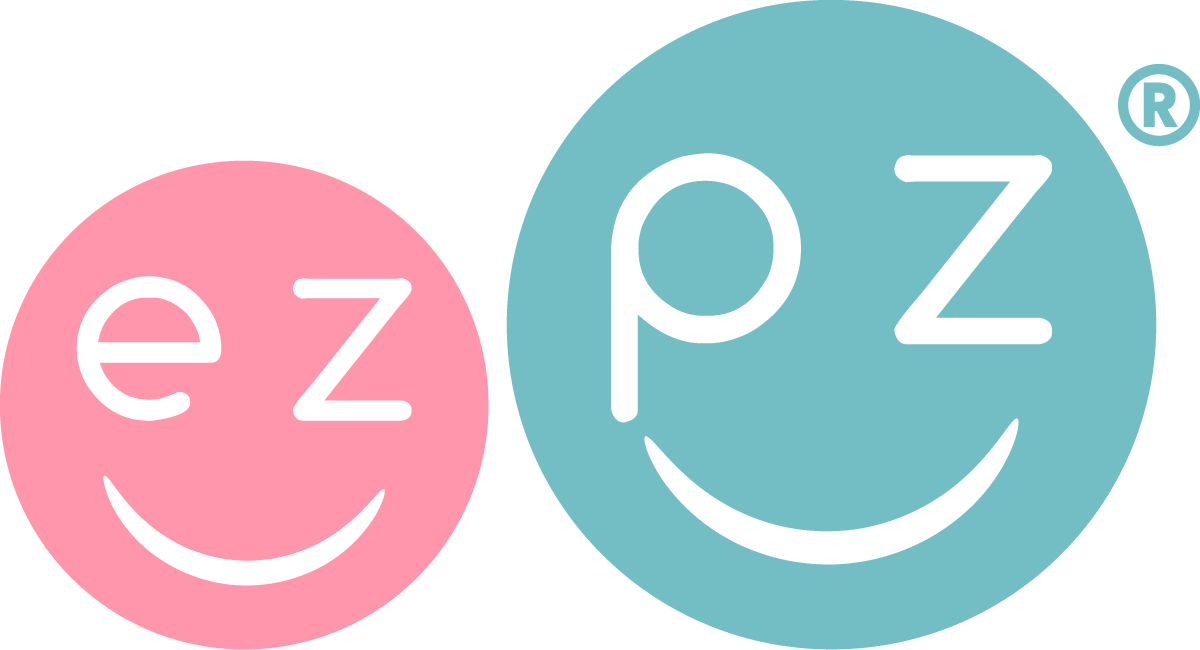In honor of National Brain Tumor Awareness Month we are encouraging our ezpz community to "Go Gray in May" and help spread awareness! The hope is that by raising our understanding of pediatric brain tumors we will help accelerate the search for a cure. Since there are 120 types of brain tumors, and they are the second leading cause of cancer-related deaths among children and teens, we need to learn more about them and how we can help. Here are some tips and information about pediatric brain tumors.
Signs of Pediatric Brain Tumor: Signs of a tumor can vary depending on the age of the child, the location of the tumor and the length of time it was undiagnosed. In my experience, seizures were the first sign that something was wrong. Other signs include but are not limited to vomiting, slurred speech, behavior changes, difficulties with standing, walking, swallowing or eating, poor coordination, vision difficulties, headaches or constantly touching, pushing or hitting their head, fatigue, notable weakness of the face, trunk, arms, or legs or an enlarged head.
How Tumors Affect a Child’s Swallowing: A brain tumor is a space-occupying lesion – which means it takes up critical space in a growing child’s brain – that causes swelling and increased pressure. Thus, brain tumors may cause swallowing and feeding problems depending on which nerves or region of the brain are affected by the tumor. Medical treatment usually involves surgery or radiation therapy, which can also contribute to the child’s swallowing difficulties. If the tumor affects the cranial nerves, which control the tongue, lips, mouth and throat, a Speech and Language Pathologist (SLP) can help the child learn how to eat safely.
How Tumors Affect a Child’s Feeding: As an SLP, I treat children with tumors that have affected their feeding abilities, and I know first-hand how depressing mealtime can be. Medications and radiation makes them nauseated, and the process of eating is filled with work, fatigue and discomfort. Research shows that if a child gags, is nauseated or vomits during a meal they are less likely to eat that food again. So finding foods these children want to eat and trying to add a variety of fresh fruits and vegetables is a constant battle for these children and their parents. When a child is not looking forward to eating and they are too tired to feed themselves, family mealtime becomes even more stressful and professional feeding therapy is often needed.
How Tumors Affect a Child’s Emotions: Feeding is not a fun time for these kids. They have to eat in order to take their medications, but they usually don’t feel good and don’t want to eat an entire meal. That said; an amusing Happy Mat filled with fun foods in a cute face can bring some genuine thrills to their mealtime struggles! I see my feeding client’s eyes brighten up at the sight of a Happy Mat decorated with fun food art.
How You Can Help: Learn more about brain tumors or volunteer / support a local family that is in need of some special attention. If you have a child or client in your life that could use a little “Happy Mat love,” please show your support for National Brain Tumor Awareness Month by purchasing a Gray or Pewter Happy Mat.
Will you help us spread awareness this month? Comment below or post about it and use the hashtags #ezpzfun #gograyinmay.



